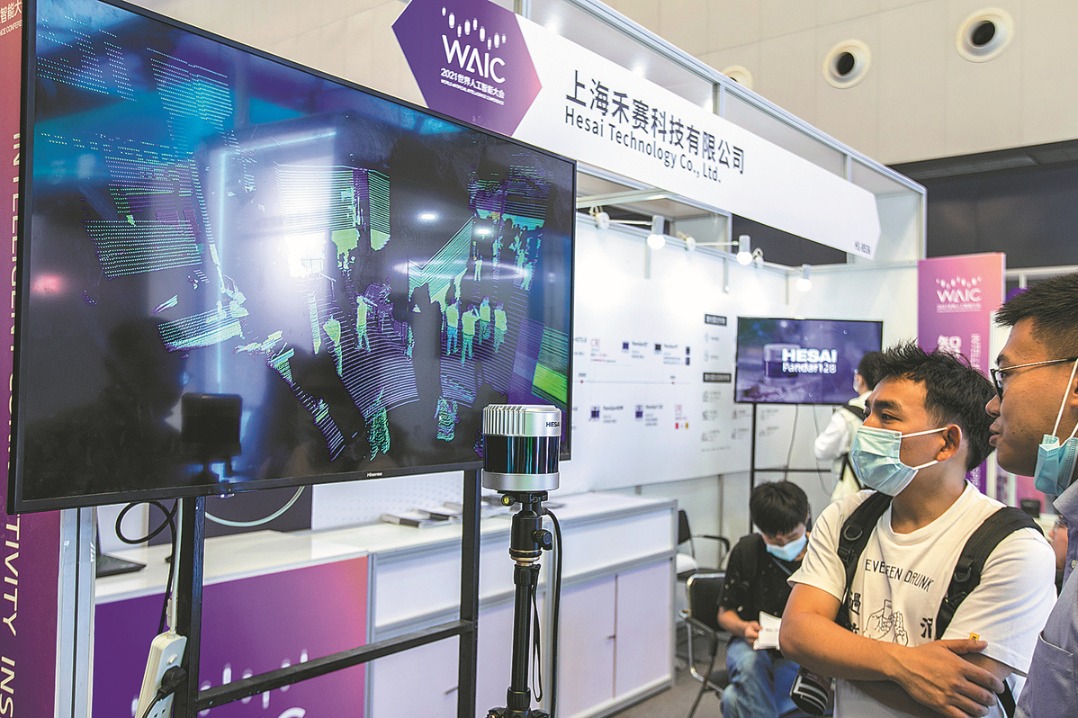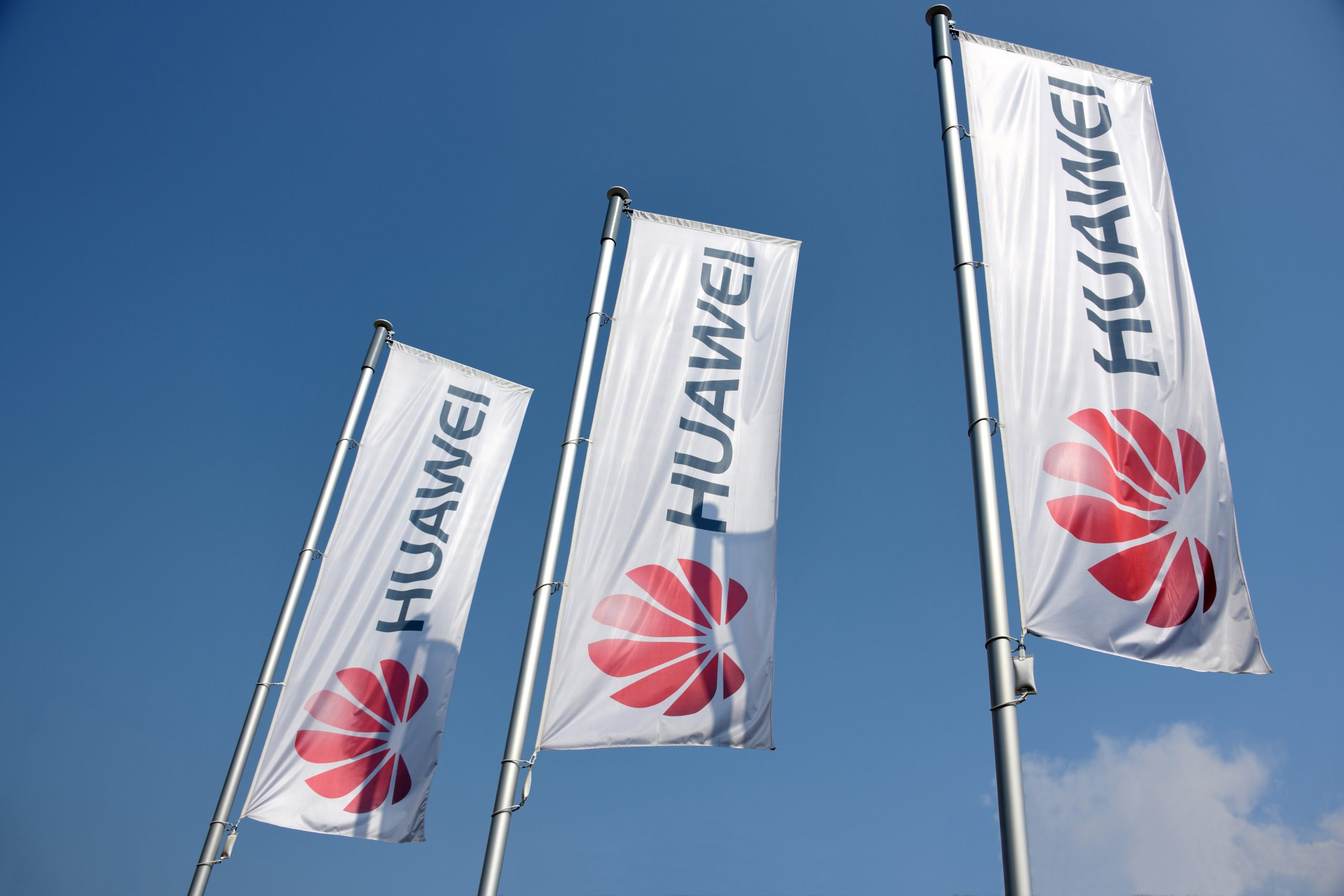The U.S. government is expected to impose new restrictions on the use of Chinese-made software in self-driving vehicles, a move that could further strain Sino-U.S. relations and potentially hamper technological progress.
This recent development is part of a broader trend of Chinese technology companies operating in the US facing increased scrutiny and restrictions, raising concerns about the impact on economic ties and consumer interests.
According to sources cited by Reuters, the U.S. Commerce Department will propose regulations in the coming weeks to ban the use of Chinese-made software in self-driving and connected vehicles.
The measure, which is expected to target vehicles with Level 3 and higher automation, will prevent Chinese companies from testing their autonomous vehicles on U.S. roads.
Additionally, the proposal could seek to ban vehicles equipped with advanced wireless communications modules developed in China from driving in the U.S.
A spokesperson for the U.S. Department of Commerce said the department is “concerned about the national security risks associated with connected technologies in connected vehicles.”
The expected move by US President Joe Biden’s administration has drawn criticism from experts who say the administration is prioritizing “national security” over consumer interests and technological advancement.
“This is unfortunate. It is yet another case of ‘national security’ concerns trumping consumer interests, while further damaging economic ties between the two countries,” Zhu Zhiqun, a professor of political science and international relations at Bucknell University in Lewisburg, Pennsylvania, told China Daily.
Experts say the expected ban could have a huge negative impact on the global self-driving car industry, given China’s dominance in key technologies such as light detection and ranging, or lidar.
Hesai Technology, a lidar company based in Shanghai with an office in Palo Alto, California, has come under increasing scrutiny in recent months. It was added to the U.S. Department of Defense’s list of “Chinese military companies” earlier this year.
Hesai sued the Pentagon, arguing there was no evidence of the connection to the Chinese military. Although the company was subsequently removed from the list, the incident highlights the precarious position of Chinese tech companies operating in the US.
Regarding the expected software ban, a Hesai spokesperson told China Daily that the company is unlikely to be affected as it is essentially a hardware company that does not make software or provide data storage and transmission.
While the US is considering banning vehicles with systems made in China, some Chinese companies are making headway into the US market.
WeRide, a Chinese autonomous technology company, recently received approval from the California Public Utilities Commission to test its self-driving vehicles with passengers in San Jose and surrounding areas. The three-year permit allows the company to operate test vehicles with and without drivers.
WeRide said it was aware of expected regulations to ban the use of Chinese-made software in self-driving vehicles, but declined to comment because “it’s not a rule yet.”
The Biden administration’s expected move is just one example of the challenges facing Chinese tech companies seeking to expand their operations in the U.S. Several other Chinese companies, particularly in the electric vehicle industry, are facing mounting suspicion and obstacles to their U.S. expansion plans.
One notable case involved Gotion, a Chinese manufacturer of batteries for electric cars. Its planned $2.4 billion factory in Michigan faced major setbacks.
Despite promising to create 2,350 jobs with competitive wages, the Gotion project has been mired in controversy and legal battles. Local opposition and concerns from U.S. lawmakers have stalled the development plan.
Zhu, the professor, argued that restrictions on Chinese investment in the US would result in a lose-lose situation for both countries.
“Many Chinese companies are looking to expand their operations abroad to raise their profile, create new markets and become more globally competitive,” he said. “When they invest in the U.S., they not only create new jobs for local communities here, but they also provide American consumers with more options for the goods and services available.”
Experienced Chinese construction firms could help American cities and towns tackle aging infrastructure, but they are being shut out because of so-called national security concerns, he said.
As tensions between China and the US in the technology sector continue to rise, there are growing calls for a more balanced approach.
“The two governments should establish a protocol on ‘national security’ to prevent political interference in normal business transactions,” Zhu said, adding that competition in high-tech is good for businesses and consumers on both sides.









